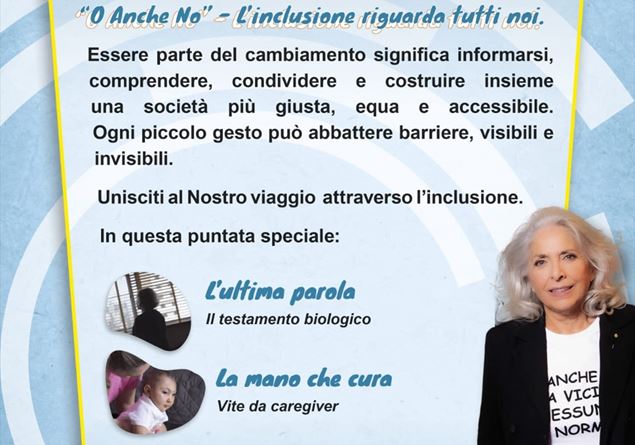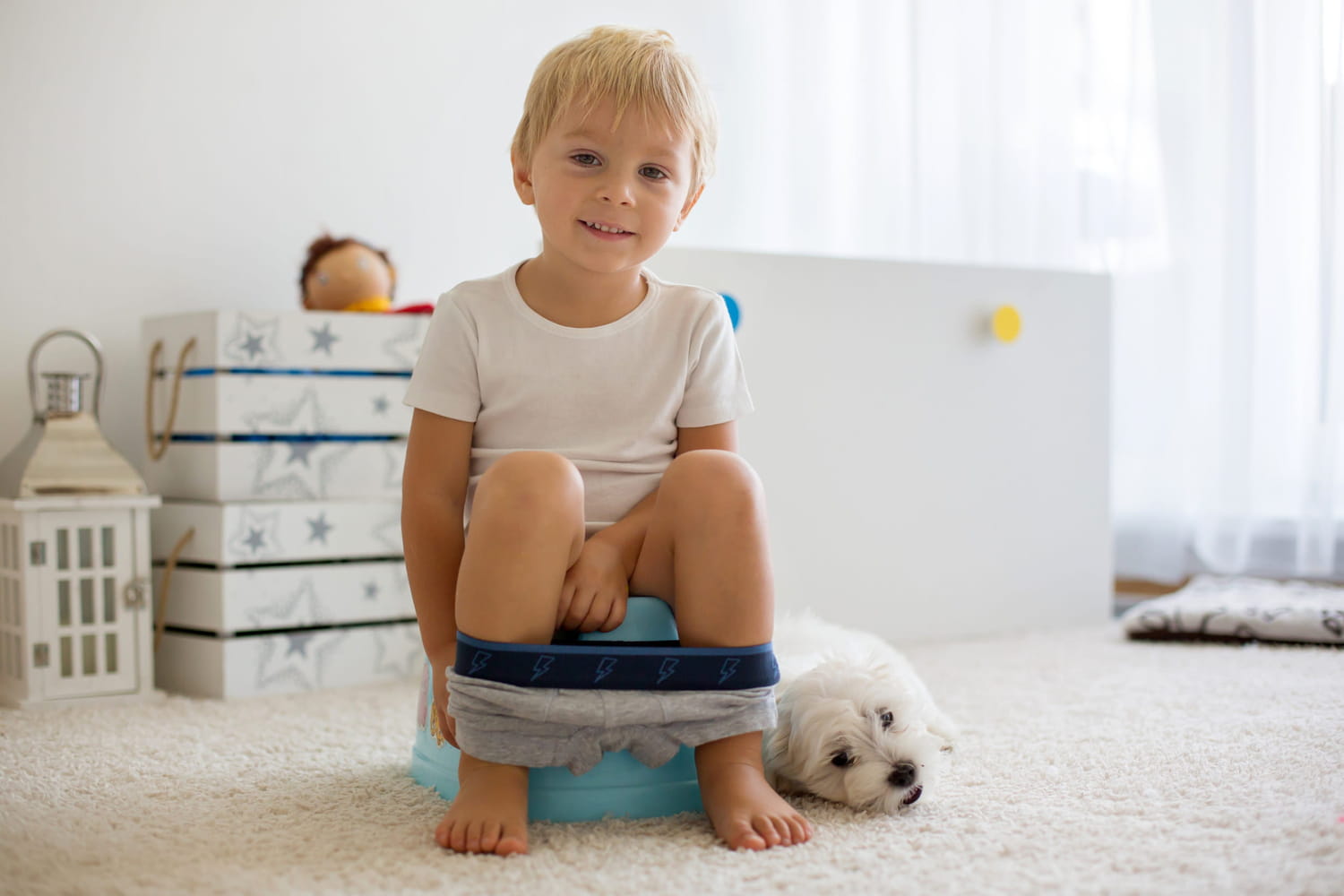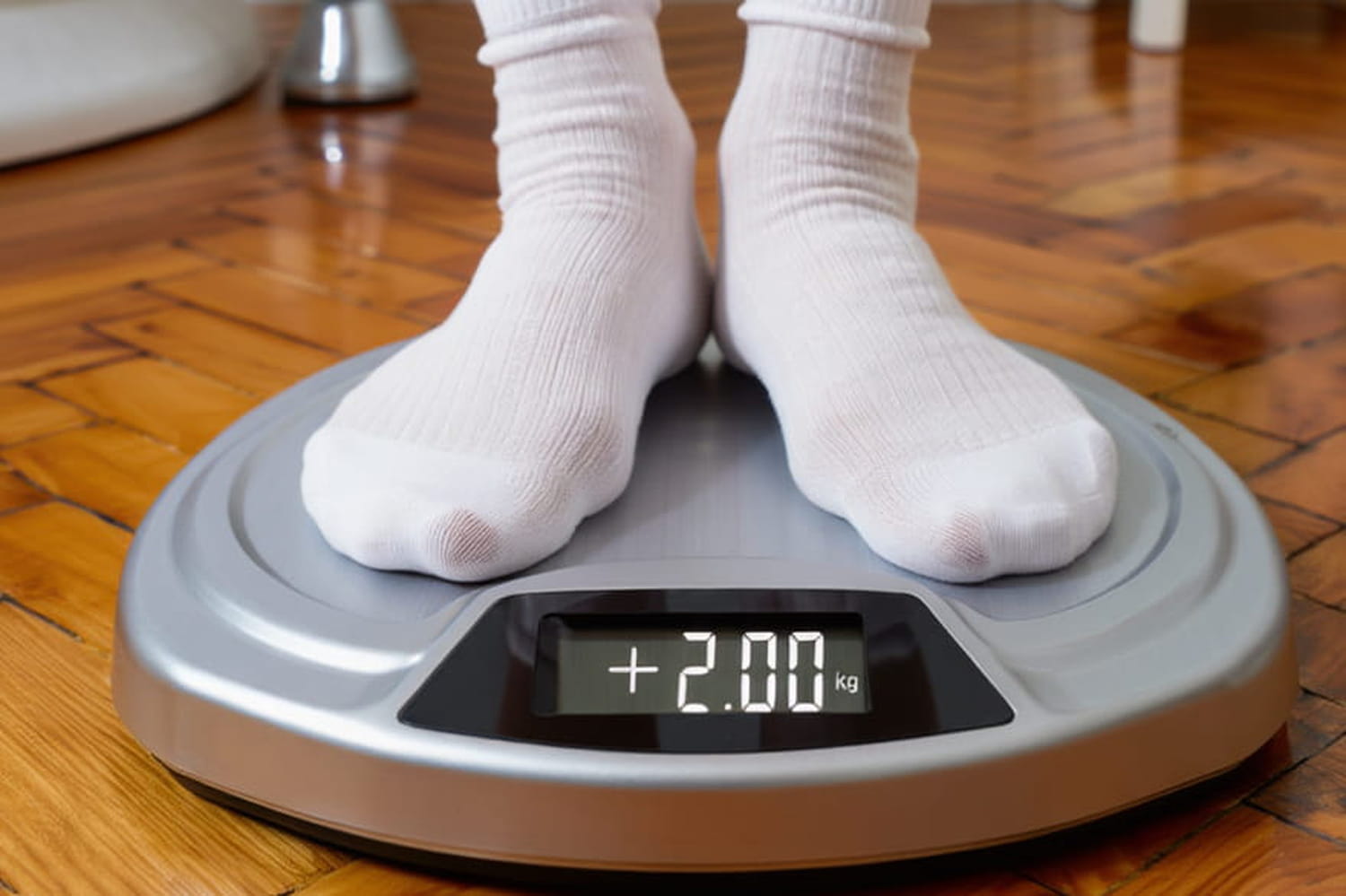Your child’s back to kindergarten is fast approaching and you panic because it is not yet “clean”. Our advice.
In France, the school is compulsory from the age of three. The child can be educated in a public or private establishment. But, What to do when he is not yet completely continent for his return to nursery school? Answers and advice from Héloïse Junier, a psychologist specializing in young children, author of the parents’ survival manual (ed. Eyrolles).
Can school refuse a not clean child? What does the law say?
According to article L113-1 of the education code, “Every child must be able to be welcomed, at the age of threein a nursery school or child class as close as possible to his home, if his family requests it “. In other words, Entrance to kindergarten is not conditioned on the cleanliness of the child. This was said by Jean-Michel Blanquer, then Minister of Education, following a question asked by the senator of Indre-et-Loire Serge Babary. His answer had been published in the OJ Senate of 01/16/2020: “Education for” cleanliness “is jointly in school and in the family. Its acquisition can in no case be a condition which prevents the registration and attendance of the child in school. The ATSEM and the teacher are called upon to perform the hygiene gestures necessary to lead the child to take this stage, while respecting his maturation and his intimacy “.
Who changes the kindergarten diapers?
These are Specialized territorial agents of nursery schools (ATSEM) which change the layers in kindergarten. The role of these people are to assist the teacher in his daily missions such as the reception, monitoring and supervision of students.
Do not rush things, nor put pressure on
Cleanliness acquisition is a big step in the development of the child. However, it would be counterproductive to want to precipitate things. As a early childhood psychologist, Héloïse Junier notes that Parental pressure increases summer and even from April. “It is important that the parents take this pressure off. The acquisition of continence is not linear, it can take time or go very quickly. Sometimes one or two weeks of observation of others and mimicry are enough to make the child want to go to the toilet“, reassures the specialist. Besides, the term cleanliness is, according to her, not suitable because it implies that the child is not clean, it is better to speak of continence. “The parent should not have a negative image of his child who would be dirty. The more the parent will put pressure on the child, the more he may reject the pot and suffer from constipation,” warns the psychologist specializing in young children.
“If the child shows no interest in continence, Parents can start to awaken their curiosity By reading books, leaving the door of the toilet open, by offering it games on the question, speaking … Some parents customize the toilets or the place where the child goes to the toilet to make the place magical and magical place“, advises Héloïse Junier. For learning continence to work, It is essential that the child is a minimum voluntary. “”It is when he begins to identify his internal signals (desire to pee or poop) that it is interesting to offer the child to remove his layer“, Details the psychologist.
Another tip to familiarize the child with the pot, transport it everywhere with you during the holidays: on the bike, at the beach, as if the pot was part of the family. As soon as the child shows signals of desire to go to the toilet, we will draw the pot. In the event of an accident, the parent should not humiliate the child, cry about it or violate him.
Thanks to Héloïse Junier, a psychologist specializing in young children, author of the parents’ survival manual (ed. Eyrolles).








